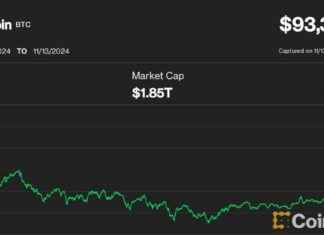PARIS, 26 Oct. (DPA/EP) –
The President of France, Emmanuel Macron, and the German Chancellor, Olaf Scholz, held a meeting in Paris on Wednesday that Berlin has classified as “constructive” and that takes place amid recent political tensions between the two governments.
Macron and Scholz have been involved in recent months, especially since the start of the war in Ukraine, in a series of disagreements regarding European defense policies and also in energy matters.
In fact, one of the last disagreements between the two had Spain as a luxury spectator, since it was about the already frustrated MidCat project. Madrid and Berlin were betting on having the gas pipeline operational by 2025, while Paris rejected it.
“It has been a very intense meeting, a very cooperative meeting,” acknowledged the German delegation after a working lunch in which, they say, the foundations have been laid for a renewed stage in bilateral relations.
The meeting between the French and German leaders should have been held last week in Fontainebleau, on the outskirts of Paris, however the French side decided to postpone the appointment giving little notice, a gesture that did not sit well in Berlin.
The tensions were even more evident at the last European Union summit, held last week in Brussels, where Macron launched a veiled criticism of the German opposition for approving a cap on gasoline prices in all the countries of the bloc.
In terms of defense, Macron and Scholz have also had disagreements and, although both have the objective of strengthening European capabilities, there is still no real progress in joint weapons projects.
Germany seeks to implement a better European air defense system in collaboration with 14 other countries, including France, because, according to what they point out from Berlin, a possible arms race is feared.
Despite all this, the German government has refused to recognize the discord between Berlin and Paris, something that the French president himself has admitted, who has gone so far as to point out that the Franco-German relationship, two of the most influential countries in the European Union, needed a reset.






